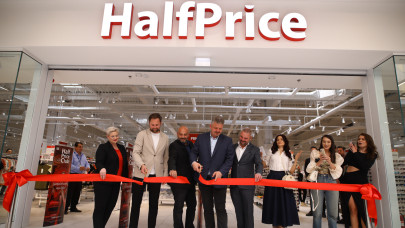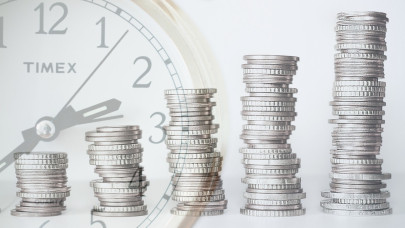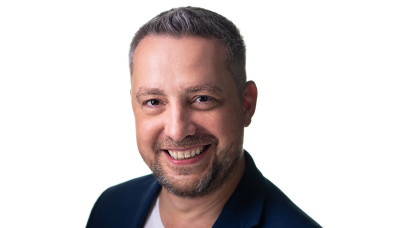As highlighted by the joint EIF and Invest Europe study The VC factor: Gender lens edition from October 2023, women hold only 14% of top-ranked positions in venture capital firms in Europe, while they account for 35% of lower-ranked positions. The study concludes that policymakers can be smart in leveraging the interaction between mixed-gender investor teams and female entrepreneurs in order to rapidly narrow the gender gap.
Part of the EIF's policy for greater gender equality and inclusion, the Gender Smart Equity Investment Programme is a pan-EU virtual platform, with individual mandates developed in cooperation with national promotional institutions in the respective countries or regions. These mandates aim to improve gender diversity in the venture capital and private equity ecosystems by providing capital to female-led fund managers. So far, two mandates have been signed: with the German Federal Ministry for Economic Affairs and Climate Action, and with the Dutch state-owned investment fund Invest-NL. The programme thus currently targets funds focused on Germany and the Netherlands, supporting various investment strategies aligned with the EIF's thematic policy approach.
EIB Group President and Chair of the EIF Board of Directors Nadia Calviño said, “Research clearly shows that gender diversity delivers better financial results. Women are clearly underrepresented in EU private equity, venture capital and private debt markets. The Gender Smart Equity Investment Programme is a novel instrument to foster a more inclusive and innovative business environment.”
EIF Chief Executive Marjut Falkstedt explained, “Gender equality is one of the EIF's policy priorities. Under our Empowering Equity initiative, we have committed to ensuring that 25% of our equity transactions meet specific InvestEU gender criteria. In this context, we are very pleased to be launching the Gender Smart Equity Investment Programme together with our first partners, the German Federal Ministry for Economic Affairs and Climate Action, and Invest-NL – and I hope many more will join us so that we can make a difference.”
Anna Christmann, Commissioner of BMWK for the Digital Economy and Start-ups, stated, “It is high time to close the gender gap in VC funds – since more gender equality in VC funds is an important step for strengthening female start-up founders and increasing the percentage of women among total founders, after all. With its contribution to the Gender Smart Equity Investment Programme, the Federal Government of Germany is implementing a measure of its Enhancing Start-up Strategy and the Action Plan “More female entrepreneurs for our SMEs”, which also aim to increase diversity in start-ups. The more European countries join the programme, the more we can enhance and strengthen the start-up landscape across Europe in the foreseeable future.”
Board Member of Invest-NL Jellie Banga said, “The Gender Smart Equity Investment Programme helps us contribute, within our roles and capabilities, to structural changes in support of female leadership in venture capital in the Netherlands. This is about creating an ecosystem where female leaders thrive. It is a commitment to future generations that equality and inclusivity are not just ideals, but the standards we strive for, which will foster innovation.”
The Gender Smart Equity Investment Programme builds on the existing InvestEU framework and uses the same gender selection criteria to ensure a consistent market approach that is in line with the EIB Group Gender Action Plan.
Under the programme, a financial intermediary is considered to adhere to the gender criteria if it satisfies at least one of the following: female partners make up at least one-third of its management team, women represent at least 40% of its senior investment team, or women represent at least 40% of its investment committee.
To expand the geographical reach of the programme, the EIF and other Member States are discussing the development of new mandates with their national promotional institutions. The programme also intends to raise awareness of the gender gap and facilitate the exchange of knowledge, experience and best practices between Member States.










